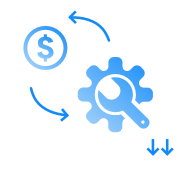
运维成本低
支持自动运行用户代码,无需用户配置或管理服务器,帮你省去繁琐的维护工作,专注于业务开发与实现。
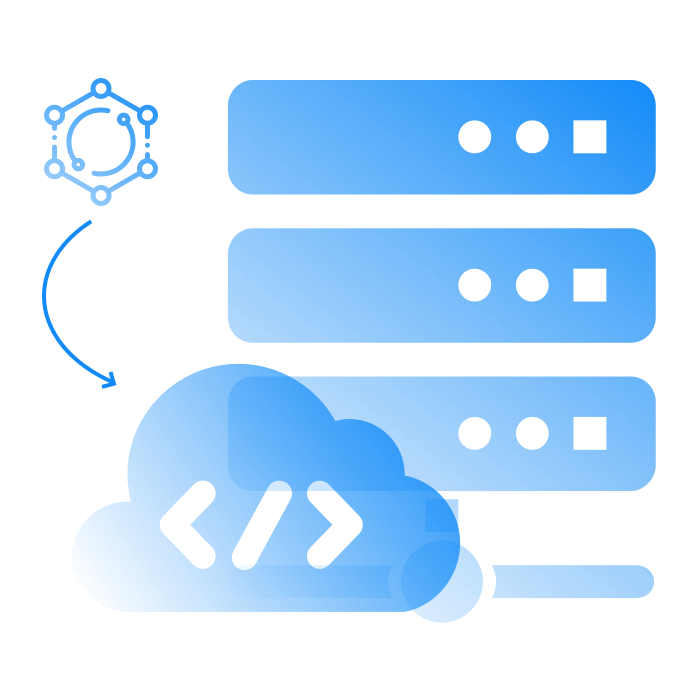

支持自动运行用户代码,无需用户配置或管理服务器,帮你省去繁琐的维护工作,专注于业务开发与实现。
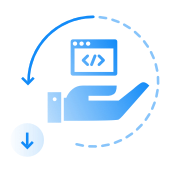
客户无需为闲置资源付费,无需为计算和存储等资源预置或超额预置资源。仅需为代码运行时的资源消耗付费。
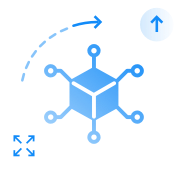
无需任何手动配置,云函数即可根据请求量自动横向扩缩。根据请求数自动安排合理的计算资源。

只需要简单配置,就可以通过众多事件源来触发函数计算运行,达到无人值守的运行方式,提高运维水平。

服务端逻辑
开发人员利用云函数来处理一些不适合将判断逻辑写在客户端的事件,以保证程序的安全性。如抽奖功能。

数据统计
有些逻辑需要的数据量很大,或者运算成本高(比如某些统计汇总需求),不适合在移动客户端进行运算,因为这样会消耗大量的网络流量和手机运算能力。

接入第三方服务
在云函数中调用第三方 API ,配合触发器使用,可以完美接入第三方服务。
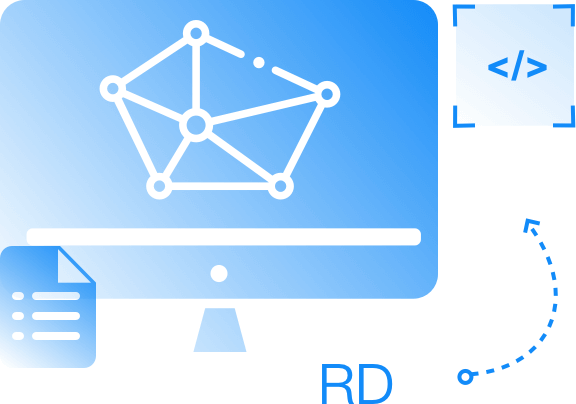
你只需编写简单的、目的单一的云函数,并将它与其他功能(如触发器、定时任务)产生的事件关联起来,即可在小程序上实现更加复杂的业务逻辑,如订单的自动化取消、抽奖等。
使用云函数可以完成市面上全部类型的小程序实现,极大的降低了运维成本,在快速实现功能的基础上,仍然保留了极强的水平扩展能力。
| 计费项 | 单位 | 定价 | 说明 |
|---|---|---|---|
| 资源使用量(调用时间) | GBs | 0.00069 元/GBs | 执行时间从代码开始执行的时间开始算起到其返回或终止为止,计量的粒度是 100 毫秒。(执行时间会被上舍入到最近的 100 毫秒。例如,函数执行了 1010 毫秒,会被当做 1100 毫秒计量)以 128 MB 内存配置为例,执行了 30 秒,则资源使用量 =0.128*30=3.84GBs |
| 调用次数 | 万次 | 0.15 元/万次 | 调用次数是所有函数调用总次数 |
| 公网出流量 | GB | 1 元/GB | 如果你在云函数内请求了外网资源,将产生公网流量 |
| 其他服务 | 参考其他用量收费 | 如果你在函数里使用了其他知晓云服务,你需要为对应服务付费。如在函数内调用 API 操作数据表 |
| 运行环境 | CPU | 内存 | 磁盘 | 并发运行数 |
|---|---|---|---|---|
| Node.js 8.9 | 0.5 核 | 128 MB | 64 M | 10 |
 微信扫码,添加客服
微信扫码,添加客服